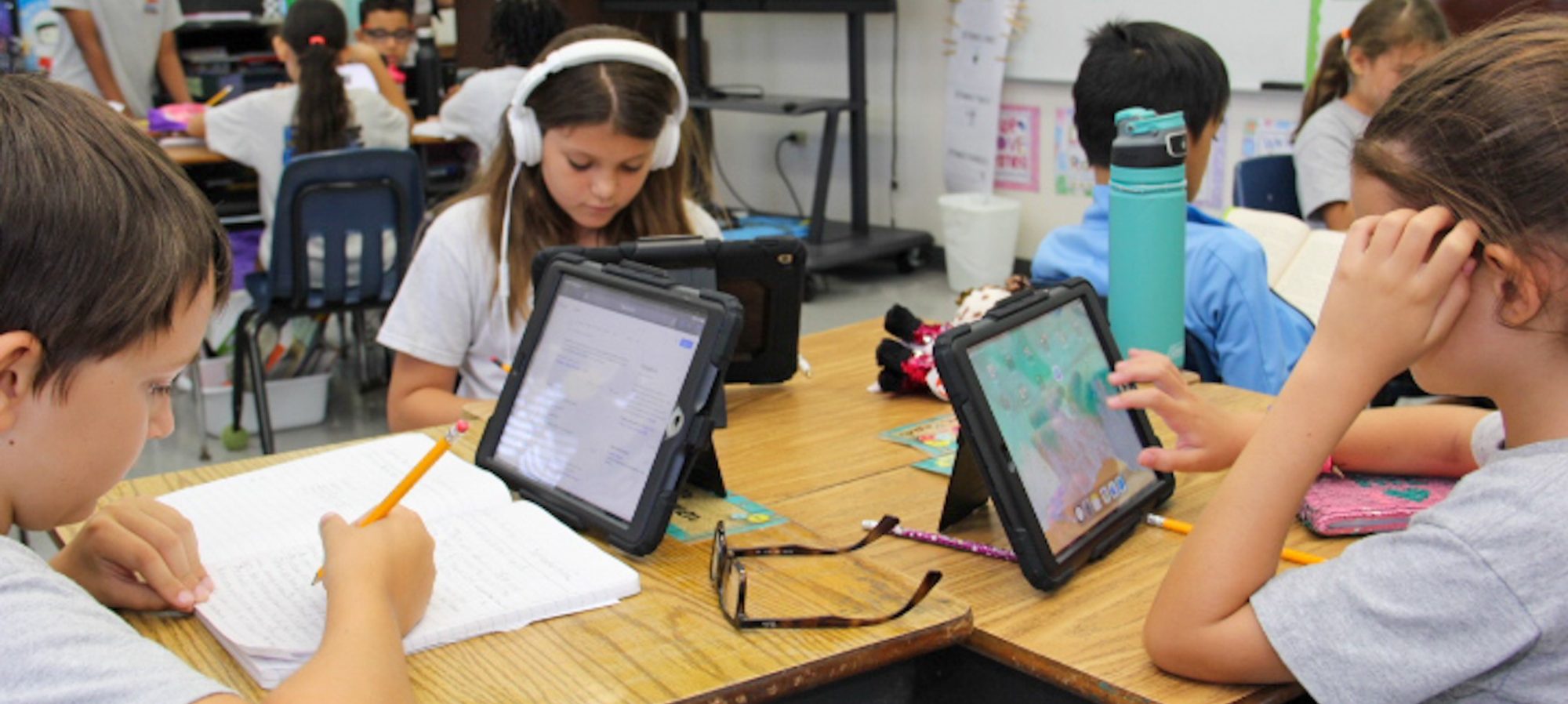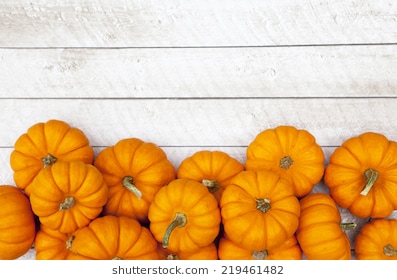Objectives:
ENGLISH/GRAMMAR
Identify and use action verbs in sentences.
Identify the main verb and the helping verb in a sentence.
Identify and correctly use present, past, and future tense verbs.
WRITING
Students will determine some characteristics of personal narrative writing by analyzing a model.
Use certain writing elements when crafting narrative pieces.
Study a model of narrative writing looking for how the elements
are used.
Choose a seed idea from their idea bank and narrow our topic.
Write strong leads (or finalize your strong leads) for a narrative piece.
Describe character as one of the elements of narrative writing by using details that create a picture in the reader’s mind.
READING – A BOY CALLED BAT
Here’s a brief summary:
The first book in a funny, heartfelt, and irresistible young middle grade series starring an unforgettable young boy on the autism spectrum, from acclaimed author Elana K. Arnold and with illustrations by Charles Santoso.
For Bixby Alexander Tam (nicknamed Bat), life tends to be full of surprises—some of them good, some not so good. Today, though, is a good-surprise day. Bat’s mom, a veterinarian, has brought home a baby skunk, which she needs to take care of until she can hand him over to a wild-animal shelter.
But the minute Bat meets the kit, he knows they belong together. And he’s got one month to show his mom that a baby skunk might just make a pretty terrific pet.
“This sweet and thoughtful novel chronicles Bat’s experiences and challenges at school with friends and teachers and at home with his sister and divorced parents. Approachable for younger or reluctant readers while still delivering a powerful and thoughtful story” (from the review by Brightly.com, which named A Boy Called Bat a best book of 2017).
With this book also comes great responsibility…oh wait, wrong quote! Let me try again…with this book, we’ll also be taking part in something called Global Read Aloud (GRA). The premise of GRA is simple; we pick a book to read aloud to our students during a set 6-week period and during that time we try to make as many global connections as possible. Global collaboration is necessary to show students that they are part of something bigger than them. That the world needs to be protected and that we need to care for all people. You can show them pictures of kids in other countries but why not have them speak to each other? Then the caring can begin.
This year, Grade 4 will be connecting with a few classrooms around the world. Don’t worry, I’ll be keeping you up to date with our reading adventures.
This week, we’ll be reading chapters 17-21, and doing activities based on each chapter. Every Friday, we’ll do a short quiz, to ensure comprehension. Please be sure to ask your child about each chapter, daily, having them summarize or just fill you in on their favorite (or not so favorite) parts of the chapter.
We’ll also being doing a Mystery Skype with 2 mystery classes somewhere in the world (dun-dun-dunnn). Students be trying to guess “Where in the world is this Grade 4 class from…” (are you singing the ‘Where in the world is Carmen Sandiego’ song now? You’re welcome!).
SPELLING
Words will be sent home tomorrow, in preparation or test on Friday. Please ensure that your child is working on his/her spelling contract throughout the week. The goal this week is to obtain 15 points.
MATH Identify customary measurements in length (Inches, feet, yard, mile) Identify how to estimate measurements and record Learning to convert units of measure *Learning how to use measurement skills on a pumpkin! (:
SCIENCE Understanding inherited and learned traits Identifying inherited traits from family Learning to create a hypothesis and investigation
SOCIAL STUDIES Identifying family history on a map Identifying original settlers of the Caribbean, who they are and where they came from
Homework
LITERACY HOMEWORK
Monday – Read for at least 30 minutes and take note of of the verbs that you see.
Tuesday – Workbook Plus page 38
Wednesday – Workbook Plus page 40
Thursday – Ensure that Spelling Contract is complete (15 points) and STUDY
MATH HOMEWORK Tuesday – Estimating measurements. Students will bring home their composition books and a ruler to measure 20 items at home. Wednesday – (differentiated) subtracting measurements/converting in/ft. Thursday – Measurements on a ruler/converting in/ft/yd.

